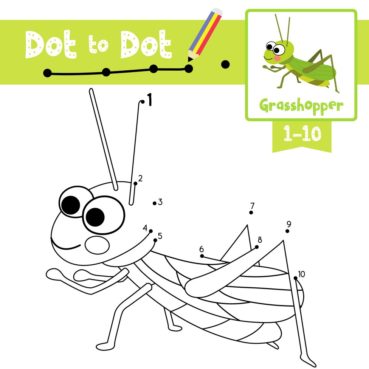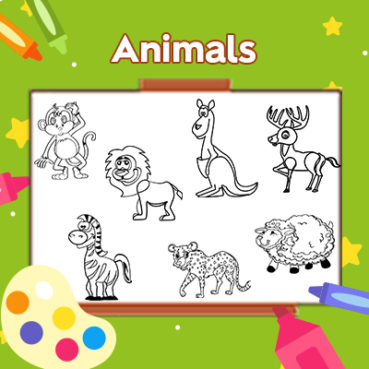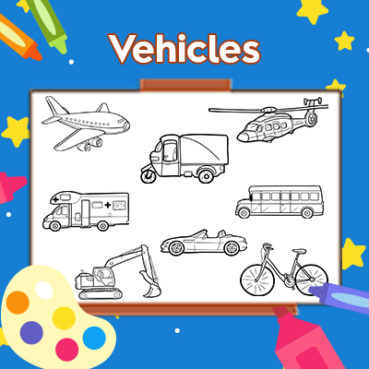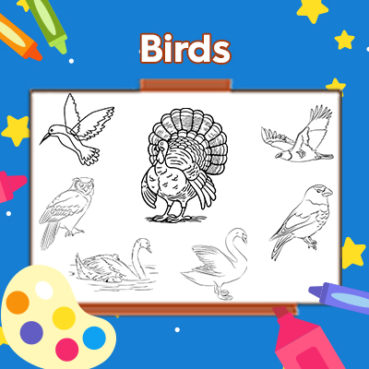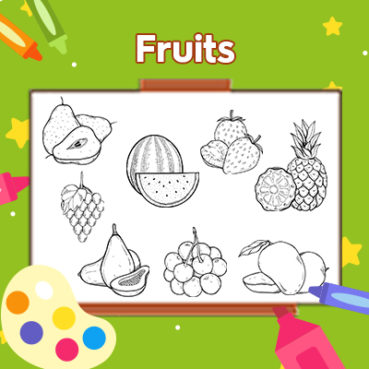Printable coloring pages for kids is the easiest way to calm and get them busy. We offer you a variety of best coloring sheet for kids of all range. Help your child and get him trained with color recognition by having them color these free printable coloring pages for kids. We have a collection of unique Online Coloring Games for all types of kids including toddlers, kindergarten and preschool children. It’s important to polish coloring skills in kids which requires a plenty of patience initially. Be it your kids favorite animal, vehicle, fruit or whatever we have all sorts of coloring pictures for kids. Download and get your little ones favorite printables to draw his attention. .





